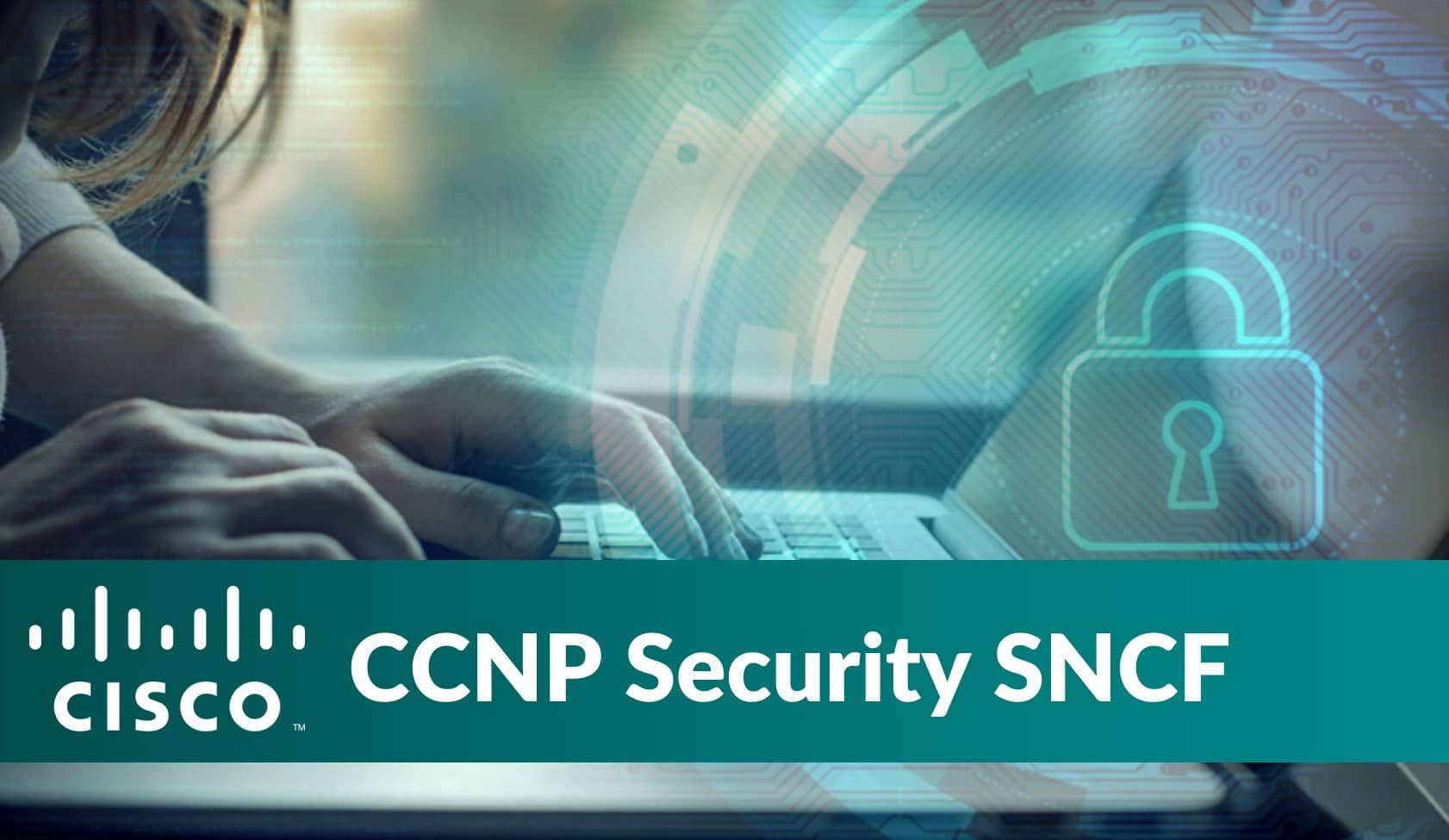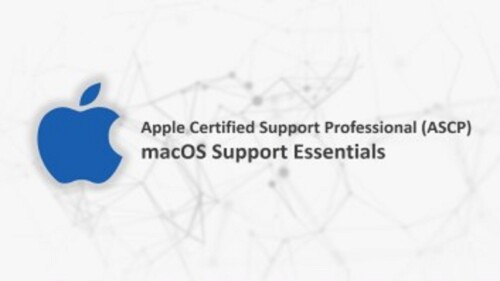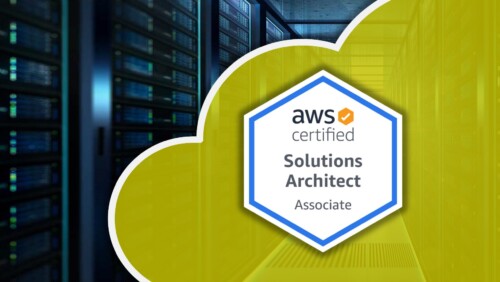Description
Overview
This course will teach students about information systems risk. Topics covered include risk identification, assessment, evaluation, response, and monitoring, as well as information systems control design and implementation.
Series Taught By: John Glover
Available CEUs for Course Series Completion: 6
Students can earn up to 6 CEUs for fully completing this course series. This information will be displayed on the certificate of completion. Learn More
Course Details
- 10:30:00 Hours
- 12 Months Access
- Presented by highly qualified, industry leading experts
Within the ever-changing world of security technology, the CCNP Security Certification helps candidates gain a greater variety of knowledge and abilities. This certification also gives security professionals a range of alternatives to select from, as well as the opportunity to expand on certain skills. Beginning your Cisco Certified Network Professional Security (SNCF) preparation by understanding the importance of the Cisco 300-710 certification test syllabus and study guide is a fantastic approach to get started. This exam tests a candidate’s knowledge of Cisco Firepower, Threat Defense and Firepower, including policy configurations, integrations, deployments, management and troubleshooting. When looking for jobs, earning a CCNP Security certification can help you get to the top of the pile. Certified personnel are valued by employers.
- Policy configurations
- Integrations
- Deployments
- Management and troubleshooting
COURSE OVERVIEW
- Course Overview
BUILDING A PRACTICE LAB
- Cisco Firewall And IPS Systems
- The FMCv In AWS
- Configure The AWS VPC
- Deploy The FMCv
- Initial FMCv Setup
- The NGFWv In AWS
- Deploy The NGFWv
- Adding The NGFWv To The FMCv
DEPLOYMENT
- NGFW Routed Mode
- NGFW Transparent Mode
- Interface Types And Modes
- Link Redundancy
- Active/Standby Failover
- Multi-Instance Deployments
- Clustering
CONFIGURATION
- FMC System Settings
- Object Management
- Intrusion Rules
- Access Control Policies
- Policies And Rules Of The FTD
- Prefilter Policies
- Security Intelligence
- Malware And File Policies
- Intrusion Policies
- SSL Policies
- Network Discovery
- Identity Policies
- DNS Policies
- Correlation
- NAT
- QoS
- VPN
- Device Management
MANAGEMENT AND TROUBLESHOOTING
- Dashboards
- Risk And Standard Reports
- Troubleshooting With CLI/GUI
- Packet Capture
INTEGRATION
- Cisco AMP
- Other Integrations
Individuals having at least one year of network expertise, such as network engineers, systems engineers, support engineers, and network technicians, are best suited for the CCNP. In many situations, obtaining a Cisco Certified Network Associate (CCNA) certification is advised before pursuing a CCNP certification.
The valid CCNA Security certification is the only prerequisite to attempt CCNP Security certification but for CCNA Security you need CCNA R&S which makes you clear both the exams. To earn CCNP Security, you pass two exams: a core exam and a security concentration exam of your choice. The core exam is also the qualifying exam for CCIE Security certification. Passing the core exam will qualify candidates to schedule and take the CCIE lab within the validity of their core exam.
COURSE OVERVIEW
- Course Overview
BUILDING A PRACTICE LAB
- Cisco Firewall And IPS Systems
- The FMCv In AWS
- Configure The AWS VPC
- Deploy The FMCv
- Initial FMCv Setup
- The NGFWv In AWS
- Deploy The NGFWv
- Adding The NGFWv To The FMCv
DEPLOYMENT
- NGFW Routed Mode
- NGFW Transparent Mode
- Interface Types And Modes
- Link Redundancy
- Active/Standby Failover
- Multi-Instance Deployments
- Clustering
CONFIGURATION
- FMC System Settings
- Object Management
- Intrusion Rules
- Access Control Policies
- Policies And Rules Of The FTD
- Prefilter Policies
- Security Intelligence
- Malware And File Policies
- Intrusion Policies
- SSL Policies
- Network Discovery
- Identity Policies
- DNS Policies
- Correlation
- NAT
- QoS
- VPN
- Device Management
MANAGEMENT AND TROUBLESHOOTING
- Dashboards
- Risk And Standard Reports
- Troubleshooting With CLI/GUI
- Packet Capture
INTEGRATION
- Cisco AMP
- Other Integrations



